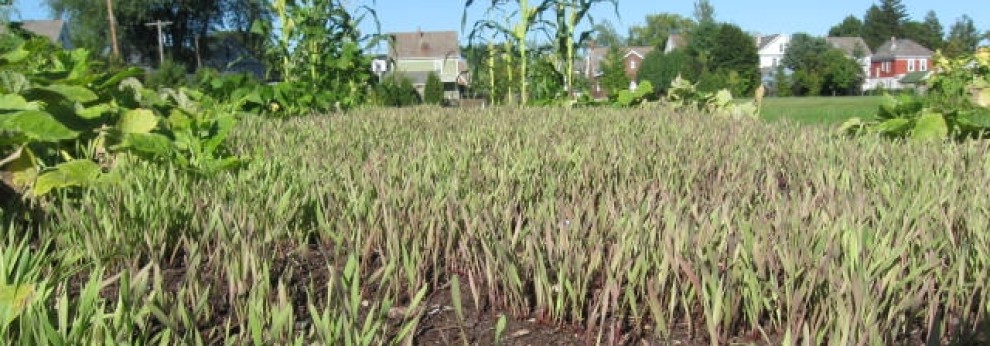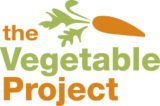 Want to lend a hand in the Vegetable Project’s gardens on your own schedule? Won’t you please consider helping to water at Albany High School and/or Myers Middle School from now until early October. Claim a week. Or maybe a day of the week for the summer. Or days that work for you. Either way, you’ll make a big difference in this volunteer group’s ability to head into the new school year with gardens teaming with teaching and learning opportunities.
Want to lend a hand in the Vegetable Project’s gardens on your own schedule? Won’t you please consider helping to water at Albany High School and/or Myers Middle School from now until early October. Claim a week. Or maybe a day of the week for the summer. Or days that work for you. Either way, you’ll make a big difference in this volunteer group’s ability to head into the new school year with gardens teaming with teaching and learning opportunities.
Please reach out at thevegetableproject@gmail.com to arrange a garden walkaround and to learn the ropes with one of our veterans. Or go ahead sign up for days at Albany High here and at Myers here. We will get in touch and plan to meet you to get you started. We won’t leave you alone until you are ready. But please understand, the contribution only begins to make a difference as you start working independently and reliably.
Many thanks for 15 years of great support for our efforts.
–Bill Stoneman










